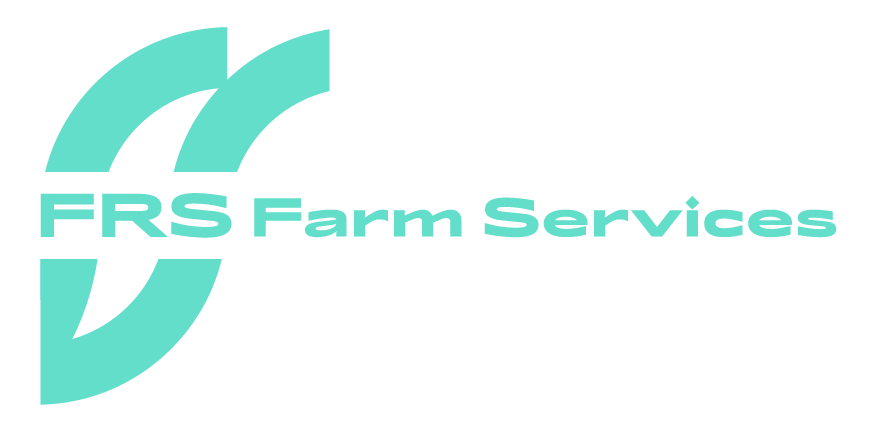Agriculture has provided us with food and income for thousands of years and it plays a big part of who the Irish people are. Before Ireland became a member of the European Union the country was almost totally economically dependent on farming but we now have a more diverse, open economy that’s one of the fastest growing in the Eurozone. However, the farming sector is still a vital cog in Ireland’s economic wheel and the agri-food sector employs 7.9% of the working population.
With agriculture playing a huge part in not only present day Ireland, but the future of Ireland, more and more young people are opting to take agricultural science for the leaving cert and even more are pursuing college courses in the agricultural sector after school in hope of pursuing a career in agriculture.
There has been an increase in popularity for agricultural science as more students choose to take the subject for leaving cert, with 22% more students in 2019 taking the subject than in 2018. In 2019, a total of 7,987 students took agricultural science for their leaving cert (1,444 more than previous year), 4,680 (59%) of these were males and 3,307 (41%) were females. September this year, saw a huge increase in students opting to study agriculture in college, especially women.
Teagasc Kildalton College in Kilkenny, which would be one of the closest colleges for Tipperary students, has seen numbers increase on the Certificate in Agriculture level 5. Currently there are 127 students on this course including 13 female students. The number of women choosing this agriculture course is up 50% on last year. This is a massive increase from just two female students enrolled five years ago. The recent increase in female enrolment is a clear insight that more women are pursuing a career in agriculture.
Choosing to study agriculture in college can be a great move for students. Agricultural studies develop students’ skills to plan, design and execute projects and productive agricultural processes, as well as projects in agronomic engineering related to animal and vegetation production. An agriculture degree will provide students with the skills and knowledge required to manage agricultural businesses or to work in the fields of agricultural sales, farming, food production, ecology and many more sectors.
You might wonder what career path you will be able to choose after you graduate? Job options for graduates cover a wide range of jobs including: farm staff, farm manager, rural practice surveyor, soil scientist, agronomist, agricultural scientist, agriculture adviser/consultant, animal breeder, forestry manager, landscape gardener, horticultural consultant, clinical research manager and so on. A career in agriculture can open a vast range of career paths along with a secure career for life.
Now is the time for students to start considering their options and the career path they want in life. For a full list of agricultural courses in colleges throughout Ireland visit www.qualifax.ie .
Teagasc expects that by the year 2025, approximately 6,000 people will be needed to enter the industry as both employees on larger scale dairy farms and to succeed farmers who plan on retiring.There are exciting opportunities in the sector and with the increased uptake of collaborative farming – you don’t need to own a farm, or even be from a farm to have a successful career in farming.
FRS are currently hiring full time and part time farm staff. For a full list of current nationwide jobs visit our website on www.frsfarmrelief.ie/careers or call your local Tipperary FRS offices: North Tipp FRS – 0505 21166 or South Tipp FRS – (052) 744 1598.
